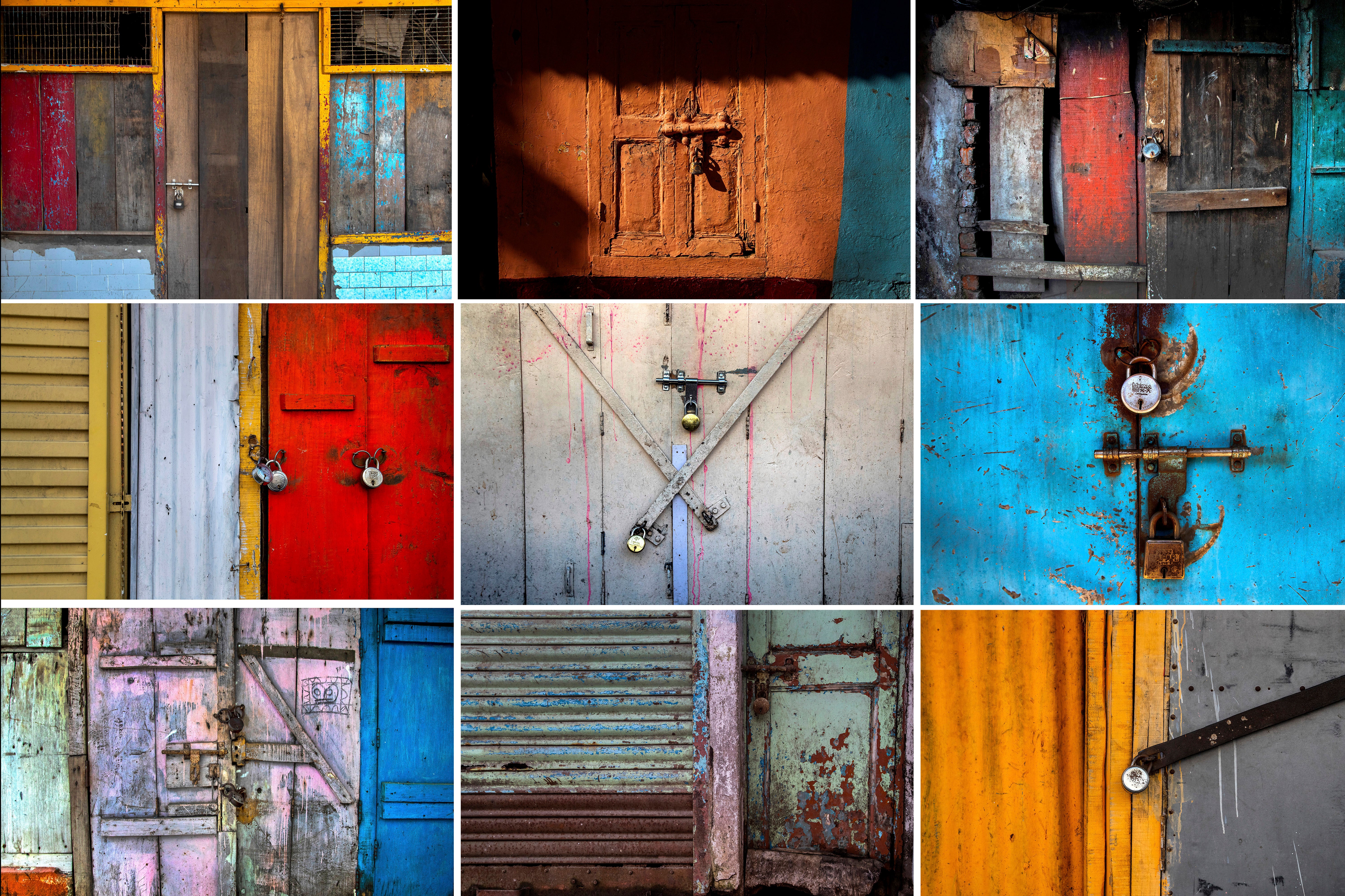AP PHOTOS: Locked shops confront buyers in Indian market

Your support helps us to tell the story
From reproductive rights to climate change to Big Tech, The Independent is on the ground when the story is developing. Whether it's investigating the financials of Elon Musk's pro-Trump PAC or producing our latest documentary, 'The A Word', which shines a light on the American women fighting for reproductive rights, we know how important it is to parse out the facts from the messaging.
At such a critical moment in US history, we need reporters on the ground. Your donation allows us to keep sending journalists to speak to both sides of the story.
The Independent is trusted by Americans across the entire political spectrum. And unlike many other quality news outlets, we choose not to lock Americans out of our reporting and analysis with paywalls. We believe quality journalism should be available to everyone, paid for by those who can afford it.
Your support makes all the difference.Rows of locked shops confront bargain-hunters for most of the day in Fancy Bazar, a nearly 200-year-old market that offered cheap prices until the COVID-19 pandemic hit Gauhati, the biggest city in India’s remote northeast.
Lockdown restrictions imposed in April have now been partially eased, but shop owners are struggling to recapture the market’s bustling activity and complain that the 1 p.m. curfew is too early.
Shoppers seem to prefer evening hours to escape the summer heat. The market is deserted in the afternoon, with no business for the thousands of small and big shops.
“We are having a tough time with my shop only open for limited hours. On some days, I don’t have a single customer,” said Bhaskar Jyoti Kalita, who sells Assam silk.
Kalita, 43, said he has to support his parents, his wife and two children. “It’s very hard for our family without any sale,” he said.
Fancy Bazar was established by a trader from western Rajasthan state after he sailed to Assam state in 1828.
The labyrinth of alleys is crammed with shops selling exotic silk fabrics, handmade toys, cane and bamboo products and home décor. It’s also a wholesale market for rice, lentils, fruits, vegetables, flowers, garments and medicines.
Gauhati, the Assam state capital, is the main trading hub for India’s eight remote northeastern states with a population of 45 million.
Rupam Gosawmi, chairman of the Assam State Chamber of Commerce, said business has been badly hit by the pandemic restrictions, but the priority is to save lives. “With the rate of infections coming down, I expect a further easing of restrictions by mid-July,” he said.